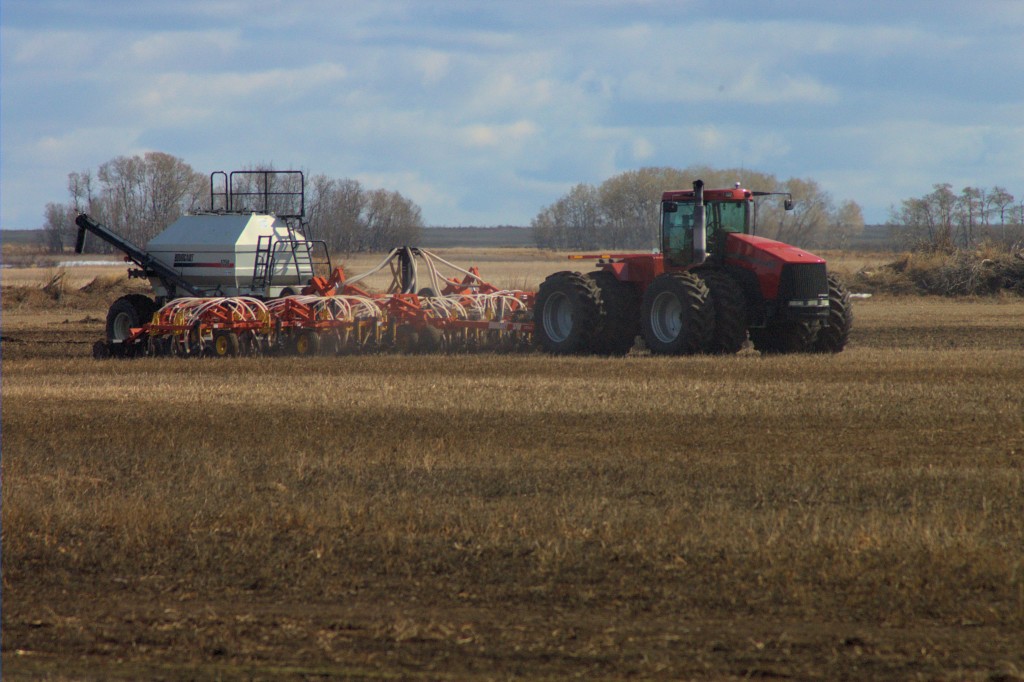NEW AGRICULTURAL OPERATOR PROGRAM LAUNCHED IN SASKATCHEWAN
Hands-on training to help address farm labour challenges
The Agricultural Operator Program is a module-based program offering practical, hands-on training to individuals interested in working on Saskatchewan farms. Students and employers will have the flexibility to choose the entire program or specific modules relevant to their farms.
The first three modules will be seeding, spraying and scouting, and harvest to be delivered at Parkland Regional College in Yorkton. Additional modules will be developed for the livestock industry including haying, beef cattle reproduction and calving, and cattle husbandry and handling. Following the pilot program, the provincial government will work to expand the program to other regional colleges across Saskatchewan.
The pilot program will start with a seeding module beginning March 3 and ending April 16. The module is comprised of 36 hours of hands-on workshops and nine hours of online delivery. It will cover essential farm knowledge for seeding processes and equipment maintenance. The spraying module will be available in late May and the harvest module will be available in early July.
“We are pleased to run the pilot year of this course at our Yorkton Campus,” Parkland College President Fay Myers said. “The timing of the modules matches the critical times on the farm, so employees can take the seeding module during the time right before seeding. Then they can then put their education to use right away in the field.”
For more information on how to apply for the program, go to www.agriculture.gov.sk.ca/GrowingForward2 or www.parklandcollege.sk.ca.
When the program was announced this week, Saskatchewan Agriculture Minister Lyle Stewart said, “Producers have indicated that they need more skilled labour for their operations and this program directly responds to their needs. Farmers can send current or potential employees through the program to develop or help fine tune their skills. Additionally, general labourers without a farm background will have an opportunity to gain the experience needed to get involved in the industry.”
 The federal and provincial governments will invest $200,000 in funding for the development and delivery of the Agricultural Operator Program pilot through Growing Forward 2.
The federal and provincial governments will invest $200,000 in funding for the development and delivery of the Agricultural Operator Program pilot through Growing Forward 2.


